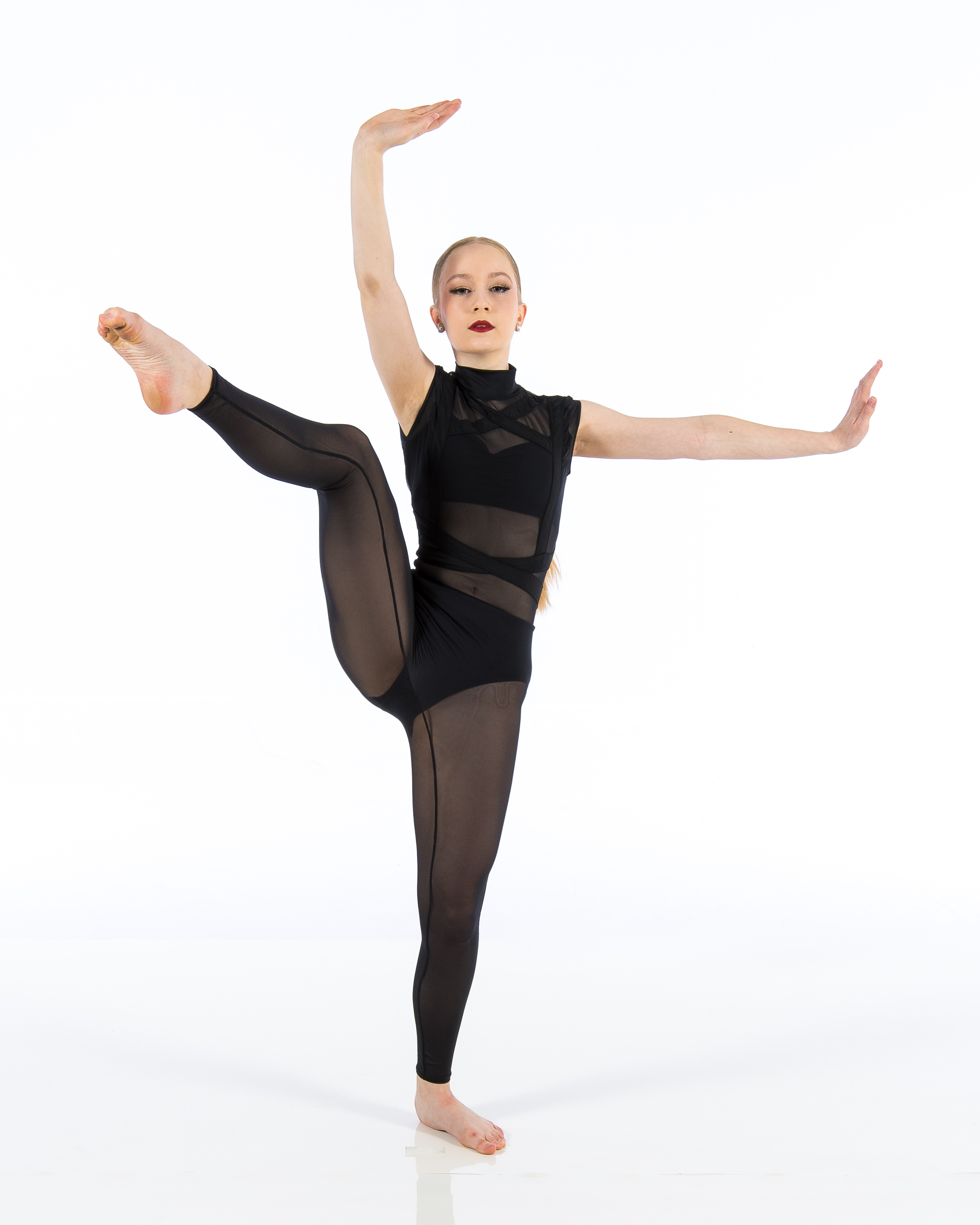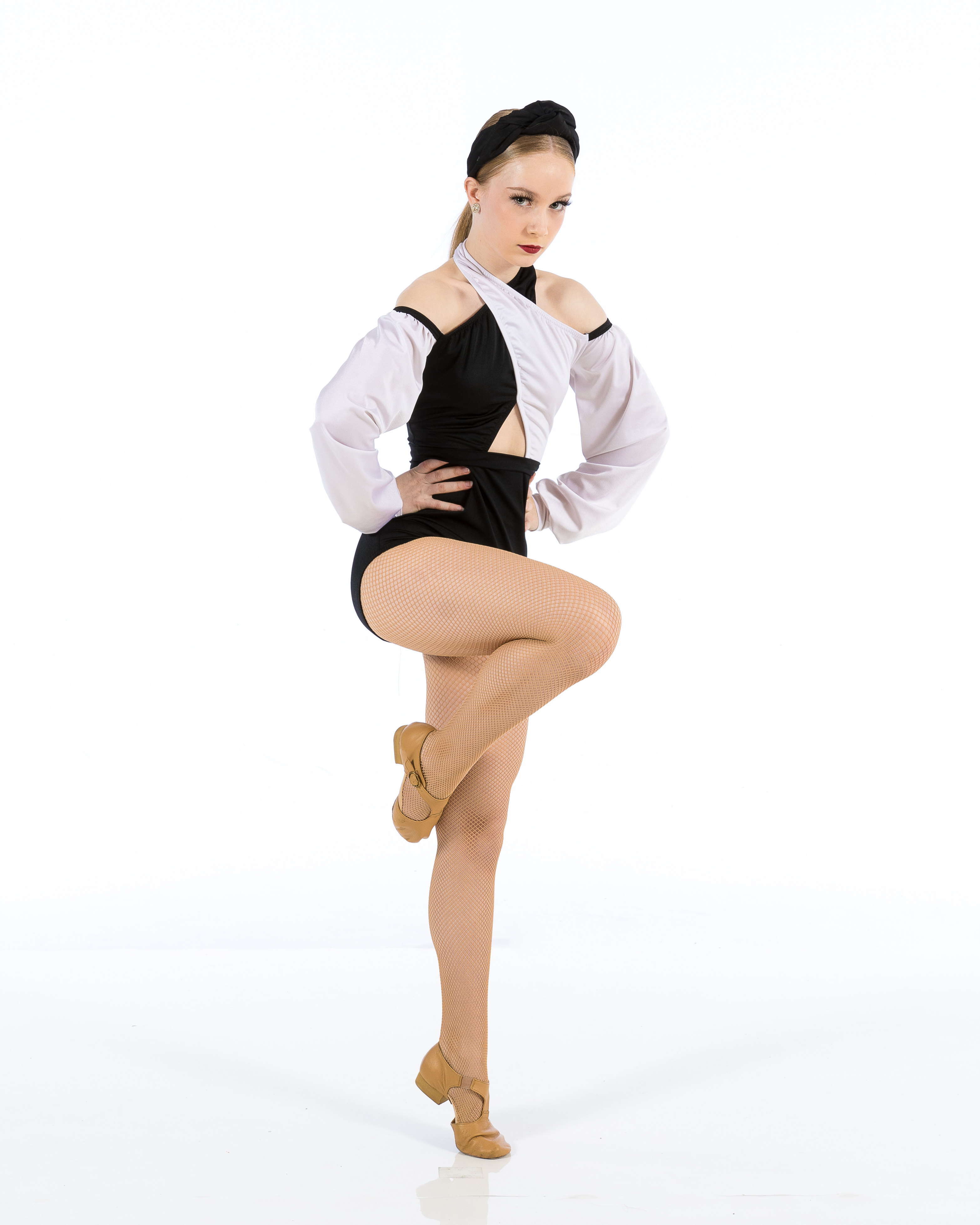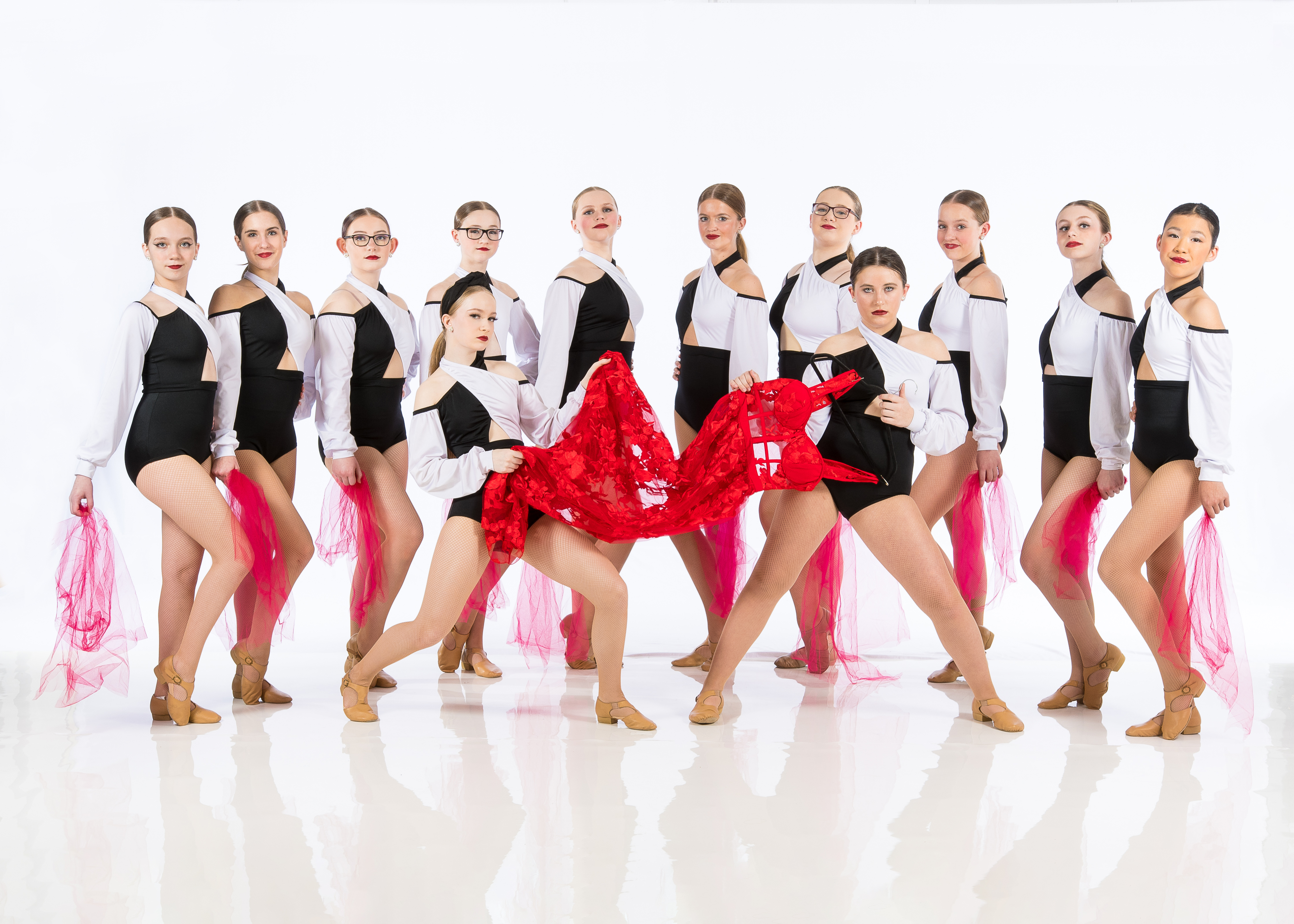Introduction
Stepping right into a dance studio for the first time is a thrilling experience, one that can stir an alcoholic drink of emotions-- exhilaration, anxiousness, expectancy. Whether you're a seasoned dancer or just beginning your journey, comprehending the subtleties of dance studio decorum can boost your experience and boost your partnerships with instructors and fellow dancers alike. In this comprehensive overview, we'll dive deep into Mastering Dance Studio Decorum: Necessary Tips for Beginners and Pros Alike
From fundamental regulations to sophisticated considerations, this write-up will certainly cover everything you need to know about navigating the vivid globe of dancing studios. So tighten those shoelaces and allow's obtain started!
The Significance of Dance Studio Etiquette
Why Etiquette Issues in Dance Studios?
In any artistic atmosphere, rules plays a critical role in maintaining consistency and respect amongst individuals. Dancing studios are no exemption. Good rules promotes a positive ambience where imagination can flourish.

- Respect: Being mindful in the direction of trainers and fellow dancers builds common respect. Focus: Proper behavior decreases interruptions, allowing everyone to focus on learning. Community: Etiquette aids develop a helpful area that urges development and camaraderie.
Common Mistaken beliefs About Dance Studio Etiquette
Many newcomers hold misunderstandings about what makes up ideal actions in dancing studios. Allow's unmask some myths:
Myth 1: "Just sophisticated dancers need to comply with rules."
Fact: Decorum is vital for all levels; it mirrors professionalism.
Myth 2: "Teachers are as well strict concerning rules."
Fact: Teachers enforce rules to preserve order and respect.
Basic Dance Studio Decorum for Beginners
Dress Code: What to Wear?
First impacts matter! The best clothes not only reflects your dedication however likewise boosts your efficiency. Here's just how to dress appropriately:
- Comfort: Pick garments that permit cost-free movement. Footwear: Purchase good-quality footwear matched to your dance style.
|Dancing Style|Recommended Clothing|| -------------|-------------------------|| Ballet|Leotard, tights, ballet slippers|| Hip-Hop|Baggy clothes, sneakers|| Tap|Comfortable garments, tap footwear|
Arriving on Time: Punctuality is Key!
Being late can disrupt the entire course. Goal to reach least 10 minutes early to:
- Warm up. Settle in mentally.
Tip: If you're running late because of unexpected scenarios, notify the trainer beforehand.
Quiet Zone: Preserving Silence Before Class
Dance workshops grow on emphasis. Maintain discussions to a minimum before course starts to guarantee everybody can prepare mentally.
Intermediate Dance Studio Decorum: Building Relationships
Respecting Individual Area in Class
Every dancer deserves their area during practice. Prevent crowding others while exercising steps or routines.
Why It Issues: Valuing personal room advertises convenience and assists in far better understanding experiences.
Listening Actively Throughout Instructions
When a teacher is speaking, it's essential to focus. Energetic listening demonstrates regard and aids you understand essential concepts.
How To Program Energetic Listening:
Maintain eye call with the instructor. Nod when appropriate. Ask clarifying inquiries if needed.Advanced Dance Studio Decorum: Elevating Your Experience
Providing Useful Comments Wisely
As you expand more experienced, sharing responses becomes part of the society. Nevertheless, approach this delicately:
Focus on certain motions as opposed to basic critique. Offer ideas only if obtained by peers.Encouraging Others: Structure Area Spirit
Support your fellow dancers via encouragement:
- Compliment their initiatives genuinely. Celebrate their accomplishments openly.
Mastering Dance Studio Rules: Important Tips for Beginners and Pros Alike-- The Teachers' Perspective
Understanding Instructor Expectations
Instructors typically have details expectations pertaining to habits in class. Familiarizing yourself with these can greatly improve your understanding experience:
Listen diligently when they speak. Follow instructions precisely. Give your best effort throughout every session.Building Rapport with Your Instructor
Establishing a good connection with teachers can be useful for your growth as a professional dancer:
- Ask concerns related to choreography or method after class. Thank them for their support post-class; appreciation goes a lengthy way!
Handling Conflict With dignity in the Dance Studio Environment
Dealing with Disagreements Among Peers
Conflicts may develop within any team setting; recognizing just how to manage them beautifully is essential:


Addressing Issues with Instructors Professionally
If you have concerns concerning instruction or class characteristics:
Request an exclusive conference after course hours. Express your sensations constructively focusing on options as opposed to complaints.The Function of Non-Verbal Communication in Dancing Studios
Understanding Body Language Signals
Dance naturally entails non-verbal communication; understanding how body movement features in this context is vital:
Positive body language (e.g., open pose) promotes connection. Negative signals (crossed arms) may share defensiveness or disengagement.Using Eye Contact Successfully Throughout Classes
Maintaining eye call with trainers communicates listening while additionally assisting build relationship among peers during group performances!
FAQs
Q1: What should I wear for my initial dance class?
A1: Select comfy clothing that enables free movement-- yoga trousers or tights paired with an equipped leading jobs well!
Q2: Is it fine to miss classes occasionally?
A2: Life takes place! Educate your trainer beforehand ideally; they'll appreciate your consideration.
Q3: Just how do I manage feeling reluctant around other dancers?
A3: Beginning small-- introduce on your own one-on-one prior to increasing interactions progressively as experience grows!
Q4: Can I bring buddies along to observe classes?
A4: Many workshops choose prior plans; consult administration initially so they recognize extra attendees!
Q5: What happens if I disagree with an instructor's feedback?
A5: Approach them pleasantly post-class; share feelings making use of "I" declarations focusing on constructive dialogue rather than confrontation!
Q6: Must I take part in performances also if I'm new?
A6: Absolutely! Participating boosts confidence-- speak up concerning any type of doubts so accommodations can be made accordingly!
Conclusion
Mastering dance studio etiquette isn't practically following regulations; it has to do with growing an enhancing environment where every person feels valued and influenced-- whether you're just starting or improving innovative techniques as an experienced pro! By adhering carefully to these necessary ideas described here under Mastering Dance Studio Etiquette: Crucial Tips for Beginners and Pros Alike, not just will you improve your very own experience however also add positively Dance Classes towards nurturing an inviting area within each dance studio you poise with your presence! So take these insights forward right into every studio space you get in-- and allow the rhythm carry you towards excellence!